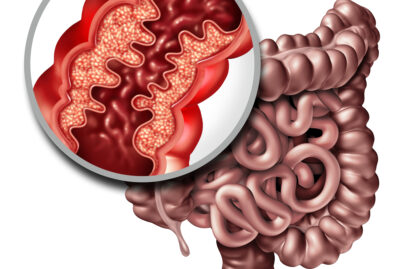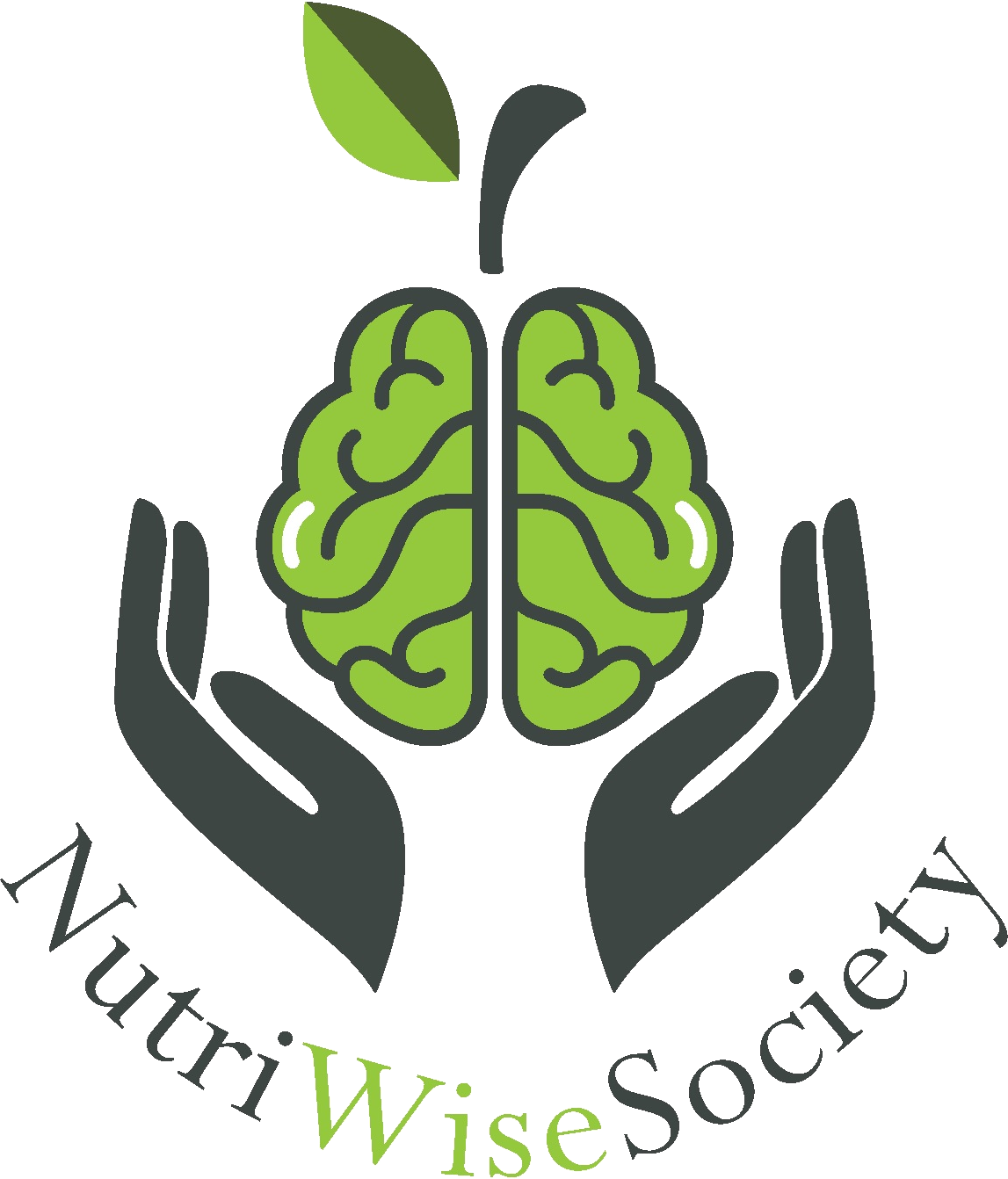Articles

Crohn’s Disease
What is Crohn’s Disease?
Crohn’s Disease is an inflammatory condition that can affect any part of the digestive system, though it commonly impacts the intestines and colon.
Causes of Crohn’s Disease
The exact cause of Crohn’s Disease remains unknown. However, it occurs when the immune system mistakenly attacks the walls of the intestines, colon, or other digestive organs, affecting the full thickness of the wall. Crohn’s is characterized by alternating affected and unaffected areas. The risk of developing Crohn's is equal for men and women.
Risk Factors
- Cigarette smoking
- Family history
- Use of anti-inflammatory medications
Symptoms of Crohn’s Disease
Symptoms may appear gradually or suddenly and can range from mild to severe. Diet and stress may exacerbate symptoms. Some symptoms during active Crohn’s include:
- Abdominal pain
- Severe diarrhea
- Fatigue
- Mouth sores
Complications of Crohn’s Disease
- Loss of appetite and weight
- Nutritional deficiencies
- Osteoporosis
- Kidney stones
- Stomach ulcers
- Intestinal blockage
Potential Nutritional Deficiencies
Crohn’s Disease may lead to deficiencies in key vitamins and minerals, such as:
- Calcium
- Vitamin D
- Magnesium
- Vitamin K
- Iron
Treatment for Crohn’s Disease
While there is no cure for Crohn’s, medications and dietary adjustments can help manage symptoms. Key lifestyle and dietary recommendations include:
- Avoiding probiotics (live bacteria supplements) for Crohn’s patients.
- Reducing stress.
- Engaging in regular physical activity.
- Quitting smoking.
- Adopting a low-residue, low-fiber diet during active flare-ups.
- Limiting dairy products when symptoms are active.
- Eating smaller, frequent meals.
- Drinking enough fluids.
- Taking nutritional supplements as needed, based on individual deficiencies.
Dietary Advice for Crohn’s Patients
There is no one-size-fits-all diet for Crohn’s, as symptoms and triggers vary. Consultation with a doctor or dietitian is recommended to develop a tailored dietary plan.
Foods to Consider and Avoid
| Food Group | Foods to Avoid or Limit | Recommended Foods |
|---|---|---|
| Starches | Bran bread, oats, wheat germ | White bread |
| Dairy | Regular milk | Lactose-free milk |
| Fruits | Fresh fruits | Peeled or boiled fruits |
| Vegetables | Fresh vegetables, especially cruciferous (e.g., cauliflower, broccoli) | Cooked or peeled vegetables |
| Fats | Butter, low-fat sauces | Olive oil |
| Proteins | Legumes (e.g., lentils, chickpeas), fried meats and fish | Skinless chicken, grilled fish, veal |
| Other | Alcohol, spicy seasonings |
References:
- https://www.eatright.org/health/wellness/digestive-health/crohns-disease-and-diet
- Donnellan, C. F., Yann, L. H., & Lal, S. (2013). Nutritional management of Crohn’s disease. Therapeutic advances in gastroenterology, 6(3), 231–242. https://doi.org/10.1177/1756283X13477715
